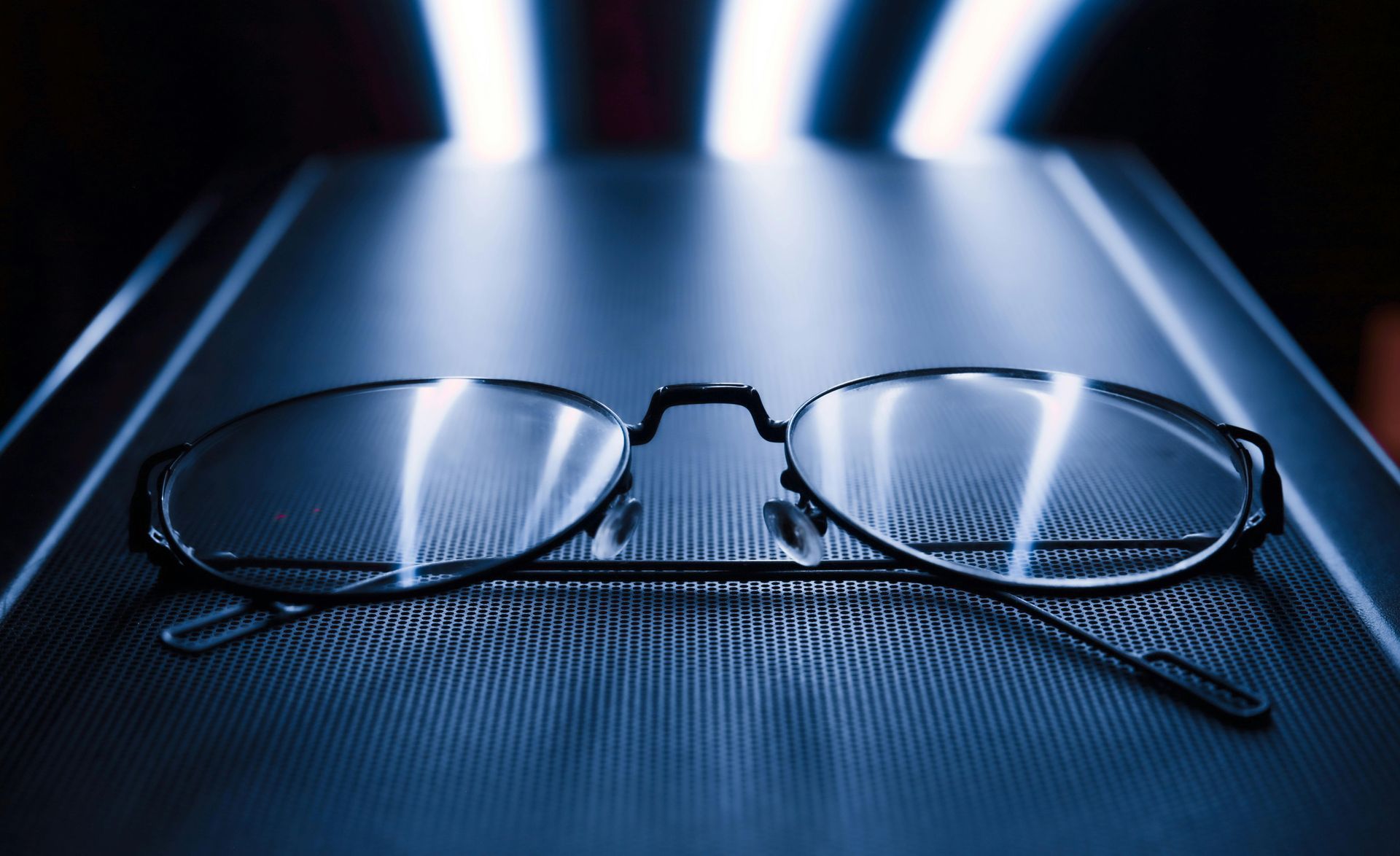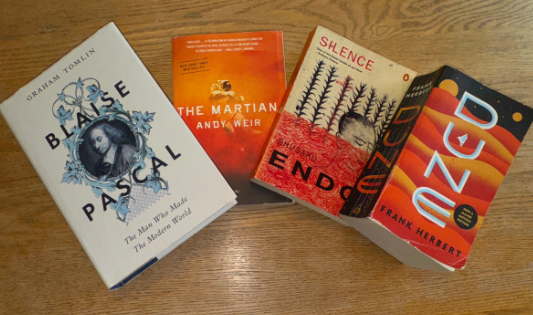Response to CBC article on screen time and eyes

Blog vol 3. 47. Response to CBC article on screen time and eyes
This past week CBC posted a story: "Excessive screen time is changing our eyes faster than we can blink." Interesting.
Screen time, whether for work or recreation, has significantly increased since the start of the pandemic. Initially, we were zooming to stay in touch but even as the pandemic has normalized our screen time has not decreased. Anyone surprised?
When on a screen, we do not blink as much. On average a person blinks every 5-6 seconds which can drop to every 10-12 seconds when staring at a screen . A blink has two main functions: first, it cleans the ocular surface of old tears and debris, and second, it puts on a whole new coating of tears.: decreased blinking results in dry eyes.
The glands in the lids, the meibomian glands, secrete an oily mixture that mixes with water to stabilize the tear film and help it spread over the eye. Our blinking activates these glands and aid in its secretion. When we do not blink as much, the meibomian glands start to atrophy reducing their flow and resulting in less stable tears. Studies in children are showing changes in the structure of these glands directly related to increased screen time (see here).
In adults these glands tend to atrophy over time, leaving as much as 30 % of the Canadian population experiencing some form of dry eye. We at Burlington Eyecare have definitely seen a huge increase in dry eye problems.
The other problem with the extra screen time is increased rates of myopia, or nearsightedness. The World Health Organization (WHO) predicts up to a two fold increase in the worldwide prevalence of myopia from 2010 to 2050. That is huge. Part of that increase can be attributed to the increased screen usage, with a huge spike happening during the pandemic. The long periods of time looking at a near screen causes the eye to adapt to this near environment. Myopia once present needs correction, either by eye glasses or corrective surgery and, unsurprisingly, myopia increases risk of other eye issues.
I would argue that there is a third risk to the eyes. That has to do with the lack of “healthy” activity that usually helps to decrease dry eye and myopia. Whatever affects the health of the body necessarily affects the eyes. Physical activity, time outdoors are very important.
What can we do?
· Reducing screen time is important and getting especially children outside into the daylight.
· Taking breaks on our screens, at least every twenty minutes, a small 20 second break with about 20 extra blinks to get things flowing.
· Start your children on screens at a later age and control the time when they do start.
· Get your children’s eyes checked early on and every year, catching myopia early is important. There are many ways to slow down myopia
development, but is has to be detected early to really be effective.
The CBC article has a point and we should be concerned, but we do not need to be victims. Prevention is possible and well within our grasp.
‘til next week,
the good doctor






